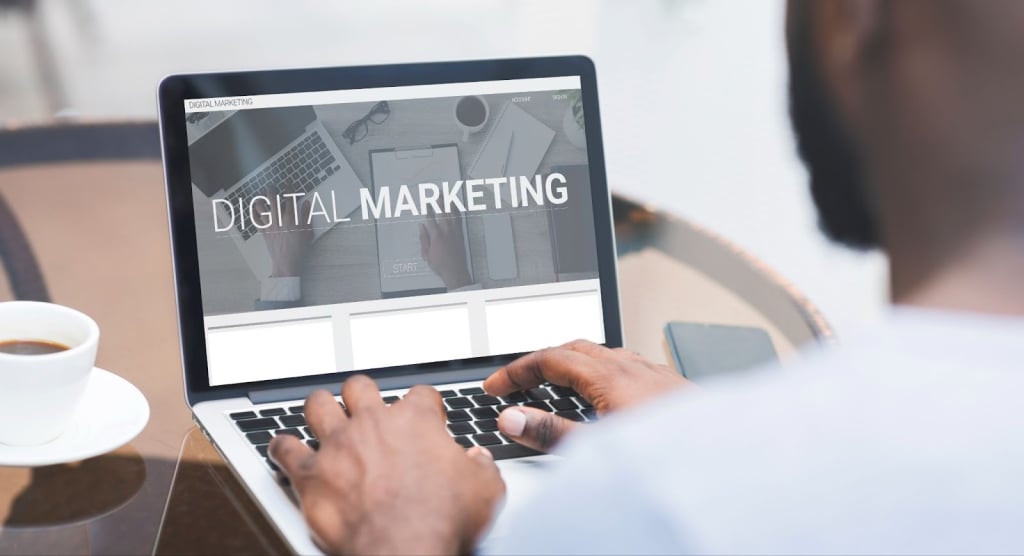Digital marketing has turned into a complex ecosystem where creativity, data, and automation constantly collide. Running campaigns in 2025 without the right toolkit is like trying to navigate a city without maps. I’ve tested dozens of platforms over the years — some promised the world but collapsed under pressure, while others became irreplaceable. Here is my selection of 17 essential tools that I believe every business owner should know about this year.
Analytics and Data Insights
Google Analytics 4
The transition to GA4 has been painful for many, but ignoring it is no longer an option. With cookieless tracking and predictive insights, it has become the central nervous system for digital campaigns. Businesses that still cling to Universal Analytics are simply flying blind.
Hotjar
Numbers alone don’t explain user behavior. Heatmaps and session recordings help uncover why people abandon carts or stop filling forms. In my experience, just one Hotjar insight can replace weeks of guessing.
SEO and Search Visibility
Ahrefs
When I first started analyzing backlinks a decade ago, the process was slow and clunky. Today, Ahrefs gives immediate visibility into keywords, links, and competitors. It’s my daily compass for organic growth strategies.
Semrush
If Ahrefs is a compass, Semrush is a Swiss army knife. Beyond SEO, it covers content marketing, paid campaigns, and competitor analysis. I often recommend it for teams that need one dashboard for everything.
Screaming Frog
Not the prettiest tool, but definitely one of the most effective. It crawls sites like a search engine, exposing broken links, missing tags, and duplicate content. A lifesaver before any redesign or migration.
Content and Social Media
Buffer
Scheduling posts used to be a nightmare of calendar reminders. Buffer solved that by making planning, publishing, and reporting seamless. Especially useful for small businesses where one person handles everything.
Canva
While not a professional design suite, Canva democratized visual creation. For marketing teams that can’t afford a designer for every banner, it’s a quick solution. I still advise refining logos elsewhere, but for social posts it’s invaluable.
Grammarly
Content loses impact when riddled with mistakes. Grammarly has saved me from embarrassing typos more times than I can count. Its tone detector also helps adapt copy depending on whether you’re writing a pitch email or a casual post.
Advertising and Performance
Google Ads
Still the heavyweight in performance marketing. The AI-driven bidding strategies are far from perfect, but they generally outperform manual campaigns when set up correctly.
Facebook Ads Manager
Despite constant complaints about targeting limitations, Meta’s platforms remain too big to ignore. I’ve seen small brands scale from zero to thousands of customers purely through well-structured ad funnels here.
TikTok Ads
Dismissed as a Gen Z playground just a few years ago, TikTok is now a serious acquisition channel. The creative demands are higher, but the returns for bold brands can be extraordinary.
Collaboration and Workflow
Notion
Once just a note-taking app, Notion has evolved into a full-scale project management system. I’ve seen entire marketing teams run content calendars, CRM, and documentation inside it.
Slack
Email is slow, chat is chaotic — Slack found a middle ground. Channels keep conversations organized, and integrations with marketing tools reduce tab-switching fatigue.
Trello
For smaller teams, Trello remains a simple yet powerful Kanban board. When there’s no need for complex automation, its clarity wins.
Design and Branding
Figma
Figma has become the default design tool for teams working remotely. Real-time collaboration reduces endless file versions and email attachments. Even non-designers can leave comments directly on layouts.
Turbologo (AI logo makers)
Every digital campaign needs consistent branding. The era of paying thousands for a logo is fading, especially for small businesses. AI logo makers like Turbologo allow anyone to generate a professional logo in minutes, complete with brand kits. In my opinion, branding tools deserve a place alongside analytics and ad platforms because they shape how every campaign is perceived.
E-commerce and Conversion
Shopify
For businesses selling online, Shopify remains unmatched in usability and ecosystem. Plug-ins for marketing automation, SEO, and payments make it more than just a store builder.
Mailchimp
Email isn’t dead — far from it. Mailchimp combines automation, segmentation, and templates, keeping customer retention affordable. It works especially well for e-commerce teams that want simple yet effective campaigns.
I’ve learned the hard way that tools themselves don’t drive results — it’s the system you build around them. Jumping from one shiny app to another usually creates chaos. Pick fewer platforms but integrate them properly into your workflow.
Frequently Asked Questions
What’s the single most important tool for small businesses in 2025?
If I had to choose one, I’d say Google Analytics 4. Without reliable data, every other marketing activity becomes guesswork.
Are free tools worth considering?
Yes, but with limits. Canva, Mailchimp’s free tier, or even Google’s free solutions are excellent starting points. However, scaling usually requires paid features.
How do AI tools change digital marketing in 2025?
AI is less about replacing humans and more about accelerating tasks. From predictive bidding in ads to AI logo makers like Turbologo, these systems reduce repetitive work and free teams to focus on strategy.
How should businesses choose their toolkit?
Start from goals, not hype. If customer retention is your challenge, email automation tools matter more than TikTok ads. Reverse-engineer the stack from the problem you want to solve.
Final Thoughts
Digital marketing in 2025 demands clarity. The right tools streamline processes, reveal insights, and scale efforts that would otherwise be impossible. My advice is to treat this list as a toolbox, not a shopping list. Pick the instruments that align with your goals, and don’t forget that branding — through AI logo makers like Turbologo — is the foundation that ties all your campaigns together.



